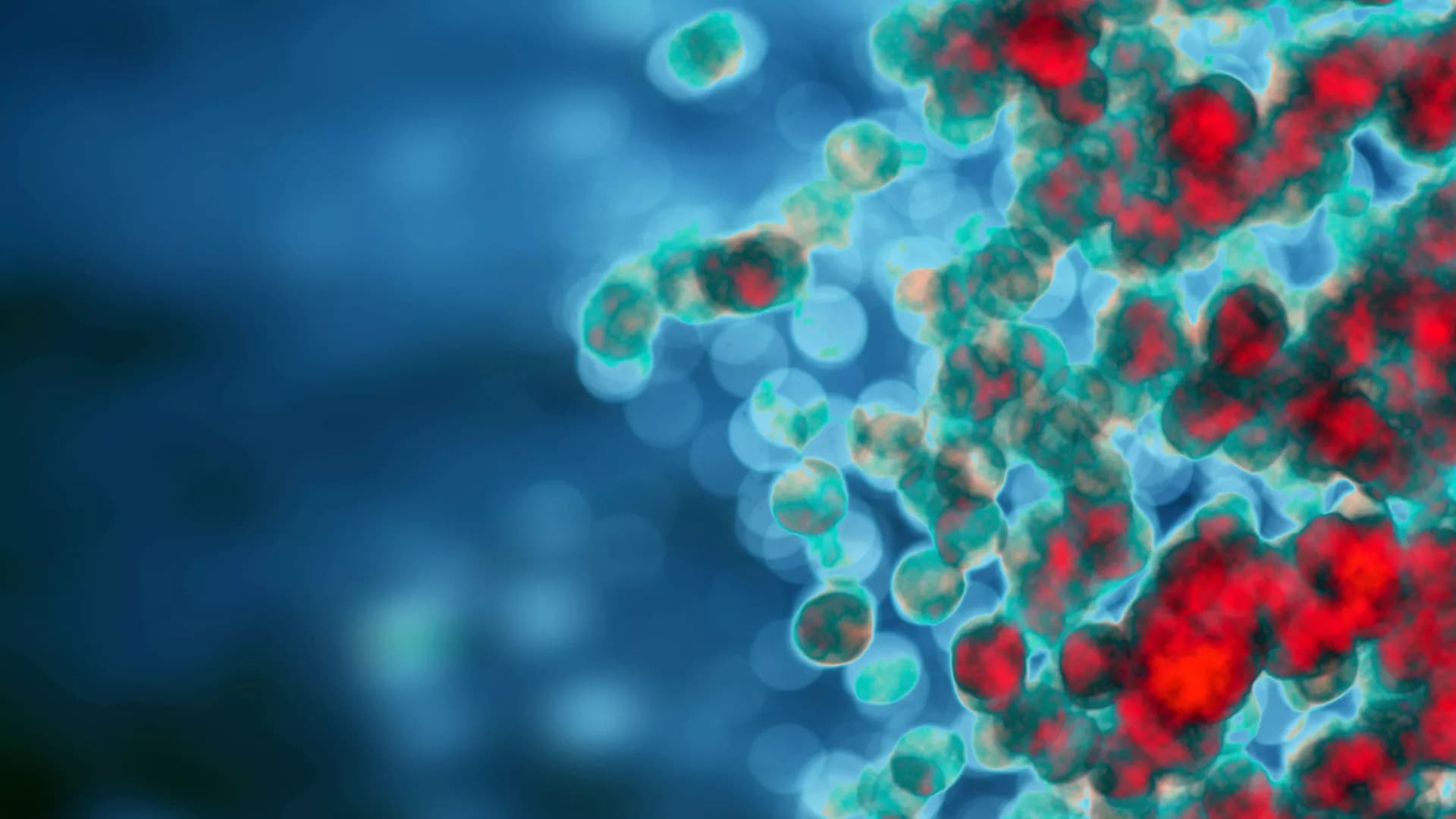The ongoing COVID-19 pandemic threatens to derail efforts to control and eliminate malaria. Yet it also poses opportunities to strengthen health systems that could benefit malaria programs in the long run. Technological advances in molecular diagnostics and vaccine development may accelerate malaria control efforts and build capacity to support the implementation of new malaria interventions. Further, SARS-CoV-2 and Plasmodium spp may interact biologically, altering susceptibility to each other and potentially modifying immune responses to natural infection or vaccination. It is timely to consider research focused on the interactions between these two diseases at the genetic, immunological, epidemiological, and public health levels.
The goal of this Research Topic is to examine the impact of the COVID-19 pandemic on various aspects of malaria infection and control. We want to consider the implications of public health measures for COVID-19 within the unique context of malaria-endemic countries and how these may drive changes in the epidemiology of malaria and progress toward control/elimination. We also aim to explore the genetic and immunological interactions between SARS-CoV-2 and different species of Plasmodium spp that could alter responses to natural infection and vaccination.
We welcome the submission of Original research articles, Review articles and Opinion pieces on the following and related topics:
• Alterations in immune responses to malaria and SARS-CoV-2 following natural infection or vaccination.
• Co-infection studies of SARS-CoV-2 and Plasmodium.
• Genetic surveillance for drug-resistant malaria in the context of the pandemic.
• Genetic polymorphisms arising from malaria pressure that may alter susceptibility to COVID-19.
• Barriers and facilitators to mitigate COVID-19 in malaria-endemic areas and their impact on accessible, acceptable and/or quality service delivery for malaria.
• Health system strengthening that stands to benefit malaria control efforts (eg. lab capacity for molecular diagnosis).
• Impact of the pandemic on clinical trials or implementation research for malaria interventions and lessons learned for future research.
The ongoing COVID-19 pandemic threatens to derail efforts to control and eliminate malaria. Yet it also poses opportunities to strengthen health systems that could benefit malaria programs in the long run. Technological advances in molecular diagnostics and vaccine development may accelerate malaria control efforts and build capacity to support the implementation of new malaria interventions. Further, SARS-CoV-2 and Plasmodium spp may interact biologically, altering susceptibility to each other and potentially modifying immune responses to natural infection or vaccination. It is timely to consider research focused on the interactions between these two diseases at the genetic, immunological, epidemiological, and public health levels.
The goal of this Research Topic is to examine the impact of the COVID-19 pandemic on various aspects of malaria infection and control. We want to consider the implications of public health measures for COVID-19 within the unique context of malaria-endemic countries and how these may drive changes in the epidemiology of malaria and progress toward control/elimination. We also aim to explore the genetic and immunological interactions between SARS-CoV-2 and different species of Plasmodium spp that could alter responses to natural infection and vaccination.
We welcome the submission of Original research articles, Review articles and Opinion pieces on the following and related topics:
• Alterations in immune responses to malaria and SARS-CoV-2 following natural infection or vaccination.
• Co-infection studies of SARS-CoV-2 and Plasmodium.
• Genetic surveillance for drug-resistant malaria in the context of the pandemic.
• Genetic polymorphisms arising from malaria pressure that may alter susceptibility to COVID-19.
• Barriers and facilitators to mitigate COVID-19 in malaria-endemic areas and their impact on accessible, acceptable and/or quality service delivery for malaria.
• Health system strengthening that stands to benefit malaria control efforts (eg. lab capacity for molecular diagnosis).
• Impact of the pandemic on clinical trials or implementation research for malaria interventions and lessons learned for future research.
